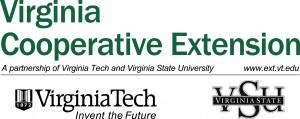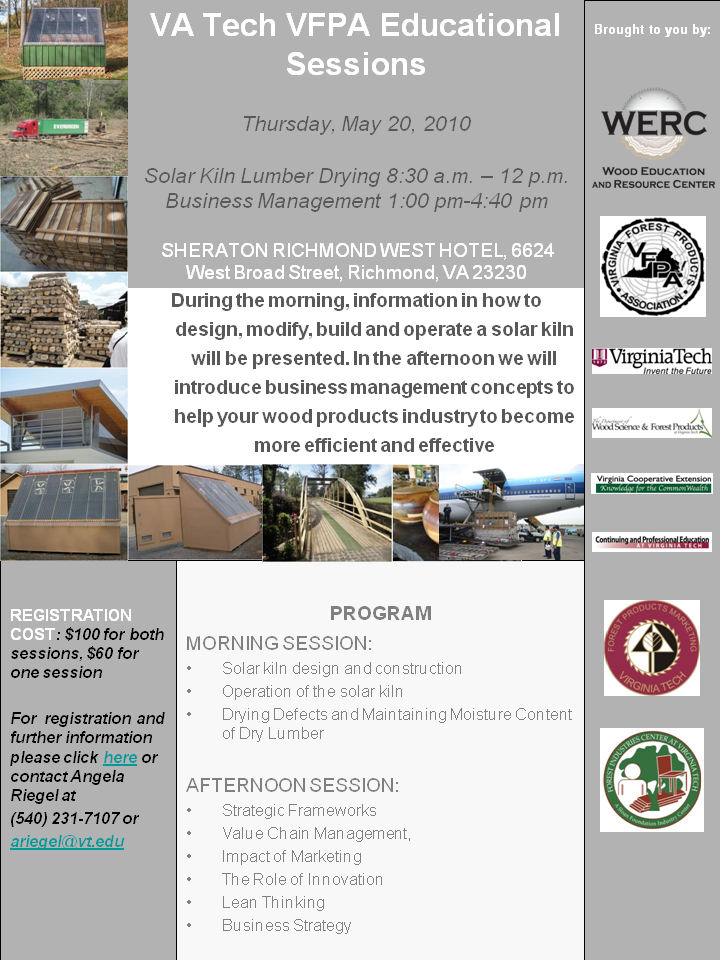Workshop Description:
Lean thinking is a philosophy or process improvement framework that it was coined early in the 1980’s by Jim Womack when he was working with Toyota Motor Company in Japan. Japanese engineers were working on several process improvement initiatives with the common goal to increase assets utilization, reduce waste, and increase customer satisfaction. When Womack was asked for his advice to name these efforts he immediately understood that Toyota basically wanted to go Lean. After this moment, a revolution was born and today millions of companies around the World continue their efforts to turn their organization into lean organizations, where the emphasis is placed in eliminating or minimizing any activity that does not produce value from the customer point of view.

Besides helping a company to increase customer satisfaction levels, decrease manufacturing cost, and increase profitability levels, lean thinking is also a philosophy that can help your company to drastically decrease energy consumption, affecting not just the manufacturing cost, but also contributing to protect the environment by decreasing the firm’s carbon foot print. There are a variety of efforts by several organizations that have created resources to help industries to save energy by implementing lean projects. This workshop will review those efforts by introducing the basic concepts of lean thinking, and how those concepts can be translated into practical applications so your firm might start looking at important energy consumption reductions in a short time. Also, the workshop will give information on special information technology platforms that you can use to monitor your energy consumption along with current efforts in the industry in energy savings.
Workshop outline
- Energy Consumption in the Industry. Mark Webb. Director of Policy and Business Evaluation. Alternative Energy Solutions
- Review of Lean Thinking. Earl Kline. Professor of Manufacturing Systems, Virginia Tech
- Lean Energy Audit Toolkit. Henry Quesada. Assistant Professor of Business and Manufacturing Processes. Virginia Tech
- Quantifying Energy Savings Through Lean Thinking. Earl Kline. Professor of Manufacturing Systems, Virginia Tech
- Energy Management Application Platforms. Tyler Gill. Senior Business Development Manager. Enernoc
- Case of study. Shannon Walls. Continous Improvement Coordinator. Masco Cabinetry Division.
- Roundtable discussion
Workshop Objectives:
- Understand the impact of energy consumption in manufacturing
- Review the basic concepts of lean thinking and how those could be related to energy savings
- Discover a toolkit you can use to audit your energy consumption
- Learn about information technologies that are available to monitor and control your energy consumption.
Who should attend:
- Plant Managers, Quality Engineers, Process Engineers, Procurement Managers, Supplier Chain Managers, Purchasing Managers, Plant Engineers, Small and Medium Enterprise Managers.
- Anyone interested in learning the basics of Process Improvement
Unique value of the workshop
- Attendants will have the opportunity to understand how the implementation of a lean project could potentially lead to significant energy savings
- Participants will learn how to apply a lean energy audit toolkit to identify the main sources of energy waste in their processes.
- Participants will be given examples and practical applications to better understand how a lean thinking process can result in potential energy savings.
Location, date and registration:
- Time: 9:00 a.m. to 2:00 p.m.
- Dates and Locations:
- September 10, 2010. Riverstone Energy Center. South Boston, VA.
- Investment: $35. Includes coffee breaks and workshop materials.
- Registration: Click here. If you wish to pay by check just let us know so we can reserve your seat.
Further information:
Please contact Dr. Henry Quesada at quesada@vt.edu or at (540)-231-0978 if you have any questions. Click HERE to see a brouchure in PDF format.



